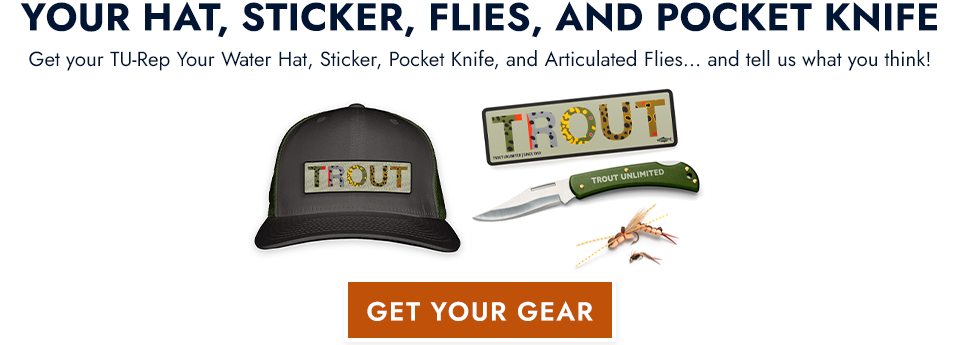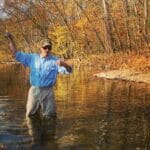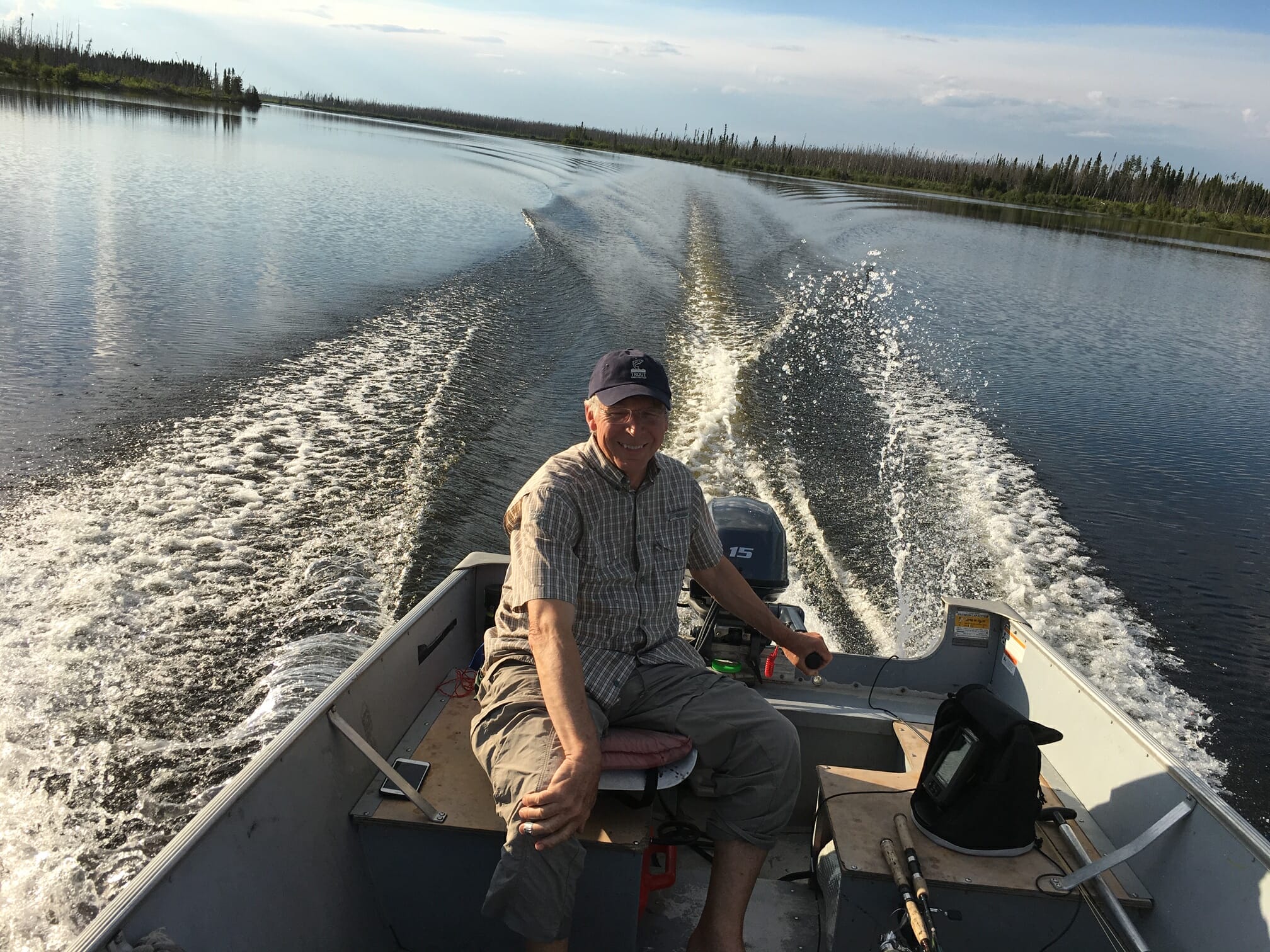Mike Dombeck sports a familiar pose.
By Chris Wood
You don’t realize it until it is too late. You forgot to say, “Thank you” or even, “Hello.”
Jack Casey taught my sophomore and senior years high school English classes at Saint Peters in Je
rsey City. He was a smallish man who would enthuse the most bored students to the written word through his theatrics and passion for teaching. Almost 35 years later, I still recall his dramatic reading of the Cask of Amontillado by Edgar Alan Poe. “I think it was his eyes…” extending the words “think” and “eyes,” and drawing us all into the mind of an madman who would seal his friend alive behind a brick wall.
When I learned Jack passed away, I wept less for the loss of such a bright light in the world than for the fact that I never told him how his teaching instilled a lifelong passion for reading and learning in me. My son, Casey is named in his honor.
A few years ago, I was on Capitol Hill testifying for Good Samaritan legislation that would make it easier to clean up abandoned mines. When I finished, a stranger tapped me on the shoulder and said, “I doubt you remember me, but you tutored me in high school in history.”
We made our re-introductions, and I learned he is now a successful lawyer in Washington, D.C. He went on to say, “Those tutoring sessions before school made a huge difference for me.” I gave him a puzzled look, and he elaborated, “I was failing, and when you found out I played guitar you said, ‘If you can memorize all of those chords, there’s no reason you can’t memorize a few facts about history.’ I carried that lesson through college and then law school.”
I have had some remarkable mentors in my life. People who took a few extra minutes to offer a word of counsel or encouragement. People who showed faith in me when I lacked it in myself.
Jack Williams, who I worked with at the Bureau of Land Management and later, the Forest Service, retired as our senior scientist in October. Jack taught me that science can, and should be made available to non-scientists to use for advocacy and policy-making. Kniffy Hamilton at the BLM believed in me and gave me opportunities when she had little reason to do so. Mike Dombeck, who I also worked for at the BLM and then Forest Service, taught me the importance of shooting for big ideas, and not being afraid to fail. TU has a former board chair who demonstrated on a regular basis to me that a keen intellect and sense of humor can align and result in better decisions.
My parents remain my most important mentors, especially my Mom who continues to inspire me with her faith and strength, both demonstrated by her ability to run a business after raising four boys, despite decades of arthritis that would have sidelined the strongest among us.
We are all so busy in our day-to-day lives. When I am in the office, I buzz from cube to cube getting something from one person, taking a call, grabbing a cup of coffee, running to the printer. What I rarely, if ever, do is to check in on some of the junior staff or the interns who come from far and wide to work for peanuts for a summer in our Arlington office.
Mentors make indelible differences in our life—whether your are the mentor or mentee. I share this as a way of saying, “Thank you” to the people I mention above and the many more I have not called out—and more important, to encourage people, starting with me, to take a few minutes to help someone else who is just getting started in fishing, conservation or life. It comes back to you—many times over.
Chris Wood is the president and CEO of Trout Unlimited. He lives in Washington, D.C., and works from TU’s national headquarters in Arlington, Va.



